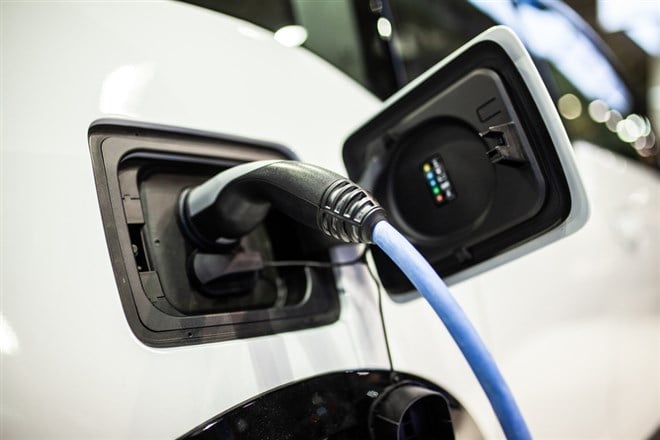
With a new factory on the verge of completion, Nikola (NASDAQ:NKLA) figured it might be a good time to raise some cash by offering up some new stock. The market, meanwhile, isn't treating this notion like a good plan at all, and has registered its opinion by selling current shares fairly rapidly. At one point in overnight trading, Nikola lost 2.9% of its overall value, and the early trading today doesn't suggest much recovery afoot.
Nikola's Planned Stock Sale Rubs Investors Wrong
Nikola planned a new release of shares valued at around $100 million, reports noted. The market's response was not exactly welcoming, and the company lost ground accordingly. Reports note that the cash in question was to be used for “general corporate purposes,” as well as finishing up the last bits of construction on the Arizona factory.
The planned raising of new capital comes on the heels of plenty of trouble for Nikola, starting with the report issued back last year by Hindenburg Research and followed up by legal issues thereafter. The company's market cap has lost around 80% of its value, going from $37 billion in June to $6.69 billion on Monday.
There is some good news on tap for Nikola, however, as deliveries of its battery-driven electric vehicle line is set to start up in 2022, while in the same year, Anheiser-Busch Inbev (NYSE:BUD) is set to start receiving Tre model trucks—Nikola's prototype fuel cell vehicle—starting that same year.
The Analyst Perspective May Give You Whiplash
Be sure you're sitting somewhere comfortable before you consider the broader analyst perspective; our latest research finds that it's being going from extreme to extreme for the last several months, though the company has maintained a “hold” consensus rating for the last six months.
Six months ago, the company had three “hold” and two “buy” ratings to its credit. Three months ago, that dropped substantially toward bearish as the company added a “sell “rating, along with four “hold” and three “buy” ratings. The seller left the field a month ago, and bullishness mostly returned with five “hold” and three “buy” ratings. Now, bearish sentiment has returned to the level it was three months ago, not with a seller getting involved, but with six “hold” ratings and two “buy” ratings.
The price target, meanwhile, has engaged in similar wild swings. Six months ago, the target was $54.40 per share. That dropped to $34.43 three months ago, and then recovered to $35.86 a month ago. Finally, it dropped to $33.71 as of today. Given that Nikola currently sells at $15.72 per share as of this writing, that's a lot of potential upsides afoot.
Penned In on All Sides
Here's the biggest problem for Nikola, in a nutshell: its market has fundamentally changed from what it was six months ago. Leaving aside the blow that was the Hindenburg Research report—when an analyst refers to your company as being based on “an ocean of lies”, you have serious image problems—consider how many electric vehicle makers have stepped onto the field since. Nikola is no longer just “the new Tesla” (NASDAQ:TSLA); Nikola now has to compete with a slew of Chinese electric vehicle makers as well as legacy automakers looking to branch out. Nikola isn't a hot young up-and-comer anymore; it's an also-ran in a field packed full of them. That's going to make it harder for Nikola to garner interest from the broader investor field; when investors have several choices, they're going to take smaller slices of several different companies.
Worse, Nikola runs the risk of being seen as diluting its own investment. Putting out a big new slug of shares into a market that's already packed full of options pretty much ensures that the shares currently held will be worth less than they were. Unless Nikola can present a very, very compelling reason to invest, it's going to lose ground against the competition. Nikola's going to need to present a killer app, and quickly, in order to stem its losses and draw investors back to the fold.
There's still a massive market for electric vehicles. Current estimates suggest that it's up around $5 trillion over the next 10 years. Nikola will certainly have a piece of that, but without some really good reasons to change perception, Nikola is likely to command a smaller and smaller bit of that market going forward. With so many firms getting in and presenting about the same thing as everyone else, the market is going to normalize, and most of the competition will get about the same size chunk of the market as everyone else. Nikola needs to come up with a good reason to put cash behind it, or risk losing out on what it's already got, let alone any future gains.
Companies in This Article: